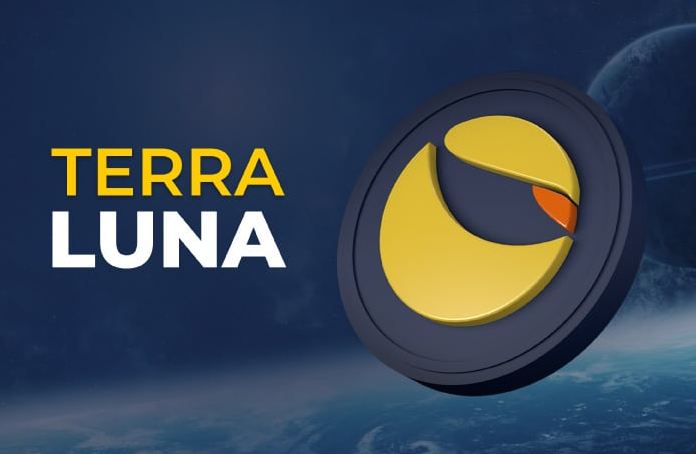Is Tether USDT really Doing good on Global Platform
Tether (USDT) is the largest stablecoin by market capitalization, with a value pegged to the United States dollar. It is a cryptocurrency that is designed to maintain a stable price of $1.00, regardless of the volatility of the cryptocurrency market. Tether is used by traders to store value and avoid the volatility of other cryptocurrencies, as well as to make cross-border payments.
What is a Stablecoin?
A stablecoin is a type of cryptocurrency that is designed to have a stable price. This is achieved by pegging the value of the stablecoin to a real-world asset, such as the US dollar, gold, or a basket of currencies. Stablecoins are often used by traders as a way to store value and avoid the volatility of other cryptocurrencies.
How Does Tether Work?
Tether is backed by a reserve of assets that includes USD cash, cash equivalents, and short-term debt instruments. This reserve is supposed to be enough to cover all Tether tokens in circulation. However, there have been concerns about the transparency of Tether’s reserves, and the company has been sued by the New York Attorney General for allegedly misrepresenting the extent of its reserves.
Uses of Tether
Tether is used for a variety of purposes, including:
- Store of value: Tether is used by traders to store value and avoid the volatility of other cryptocurrencies.
- Cross-border payments: Tether is often used to make cross-border payments because it is a fast and inexpensive way to send money around the world.
- Trading: Tether is used as a trading pair for other cryptocurrencies on exchanges. This is because Tether is a stablecoin, so its price is less volatile than the price of other cryptocurrencies.
Benefits of Tether
- Stability: Tether is a stablecoin, so its price is less volatile than the price of other cryptocurrencies.
- Liquidity: Tether is a very liquid cryptocurrency, so it is easy to buy and sell.
- Fast transactions: Tether transactions are very fast, typically taking only a few seconds to complete.
- Low fees: Tether transactions are typically very low cost.
Risks of Tether
- Transparency: There have been concerns about the transparency of Tether’s reserves.
- Regulation: Tether is a relatively new cryptocurrency, and there is still uncertainty about how it will be regulated.
- Counterparty risk: Tether is backed by a reserve of assets, and there is some counterparty risk that these assets could lose value.
Overall, Tether is a popular and useful cryptocurrency that has a number of benefits. However, there are also some risks associated with Tether, and investors should carefully consider these risks before investing.


